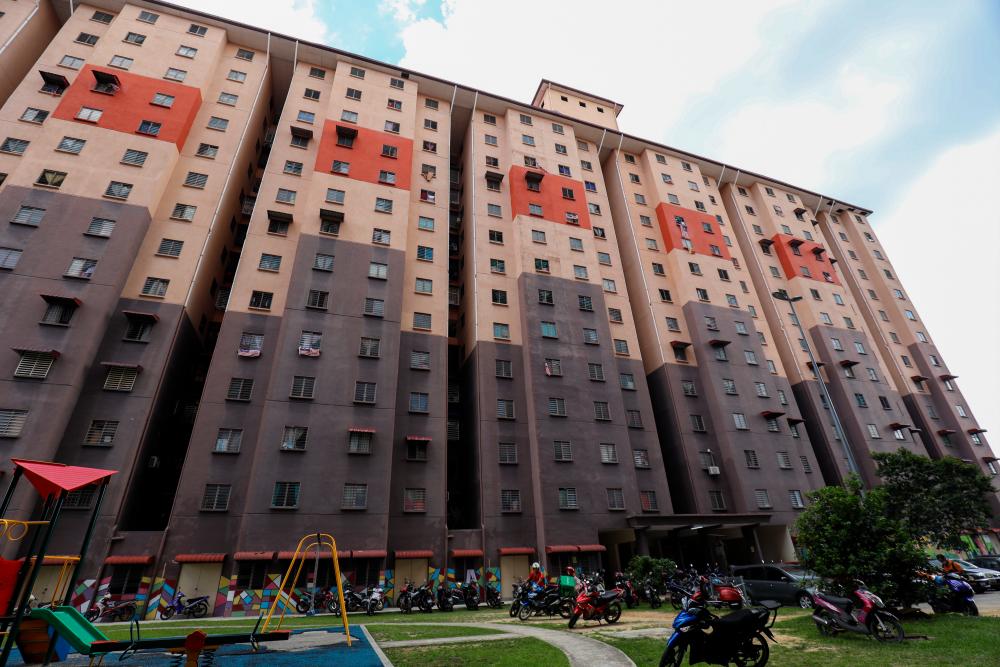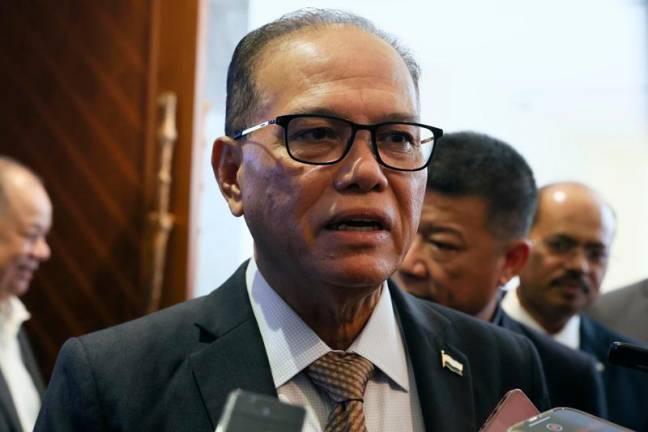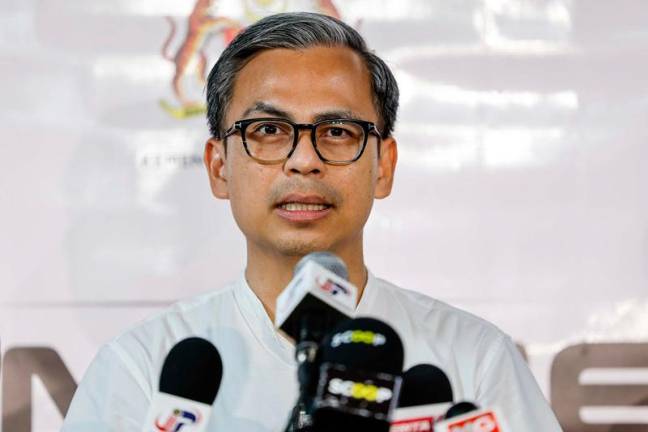PETALING JAYA: Stories coming out of high-poverty neighbourhoods are grim, as many urban poor breadwinners are finding it tough to stay afloat financially.
After the Covid-19 pandemic wreaked havoc on the livelihoods of the poor, especially those living in urban areas, there was a sharp increase in people falling into the B40 category.
A resident from PPR Kerinchi in Kuala Lumpur, Maisarah Sharuddin, 41, paints a bleak picture as she relates to theSun her family’s struggle in making do with a meagre monthly income while living in the city.
“Managing our expenses has been challenging with my basic salary of RM1,600,” she said. Her husband, who works as a warehouse keeper in a logistic company, draws a monthly basic salary of RM2,470.
“In addition to utilities and groceries, my husband and I struggle with the added burden of a car loan and other expenses. Since my application for government aid was unsuccessful, I asked my employer for a raise, but unfortunately, he declined.
“However, as I analysed the circumstances more closely, I began to empathise with my boss, realising that he too was facing difficulty in trying to improve the company’s financial situation.
“Due to financial difficulties, I was prompted to search for additional sources of income. As a result, I started baking and selling cakes and pastries for my colleagues on weekends. With their assistance, I can get orders, which helped in alleviating my financial problems,” she added.
A 53-year-old former business owner in the travel and tourism industry, Sankaran Nallatambi, had to sell most of his assets at the height of the pandemic to provide for his family and finance his children’s education.
“In order to survive in university, my son stays just outside the town to reduce his rental expense,” said Sankaran, who now drives a lorry for a living.
“I can send him RM400 for his monthly expenses as I borrowed money from loan sharks to settle the outstanding bank loans. Now, I find it hard to pay them off.
“Unfortunately, my children do not qualify for education loans because my household income from the past has not been updated. My son understands our situation. He has avoided fast food and sit-down restaurants entirely.”
The Statistic Department estimated that 20% of households from the M40 group have slipped into the B40 category, while 12.8% from the T20 group had been relegated to M40 in 2020.
The department is finalising the Household Income, Expenditure and Basic Amenities Survey 2022, involving 92,000 households from January to December 2022. The findings of the study will be released in the middle of the year.
Universiti Tun Abdul Razak economist Prof Emeritus Dr Barjoyai Bardai said a significant proportion of households in the M40 group have fallen into the B40 group, adding that about 20% of such households have been affected.
On the importance of the survey, he said the government would be able to obtain the latest information regarding the B40 population to ensure that assistance is provided to the targeted individuals.
“A large number of people have been impacted, including the M40 and T20 groups. Those in the B40 group are struggling to make ends meet, with their basic expenses becoming increasingly difficult to cover.
“For now, numerous individuals have relocated from their place of origin to urban areas in pursuit of enhanced job opportunities and income levels,” he said.
Barjoyai also expressed concern over the data derived from the Education Ministry eProfil Kerjaya Murid system.
“There has been a significant rise of 48.74% in the number of SPM students who did not pursue tertiary education, which surged to 180,680 in the 2021 academic year. This group of students may face issues in getting skilled employment, which could potentially lead to future urban poverty.
“Many of them will be employed in low-wage, informal jobs, with limited access to healthcare and education. Inadequate access to education perpetuates the cycle of poverty as children from these communities seldom receive education, fostering a vicious cycle of poverty.”
The economist pointed out that the lack of access to basic amenities puts a significant burden on households, which often must spend a considerable portion of their income to meet their daily needs.
“They cannot afford to pay for high-quality healthcare or education, which means that they are more vulnerable to issues such as chronic illness and child labour,” he said.
Despite the implementation of various initiatives and schemes, such as the Bantuan Keluarga Malaysia and Sumbangan Tunai Rahmah, by the government to alleviate the burden of the public, Barjoyai said the challenge of urban poverty continues to be a significant concern in the country.
“Policies need to focus on creating more job opportunities, providing affordable housing options, and improving basic infrastructures such as water, sanitation and electricity. Only by implementing such policies can the country hope to lift its urban poor out of their current state of poverty, and help them lead a life of dignity,” he added.










